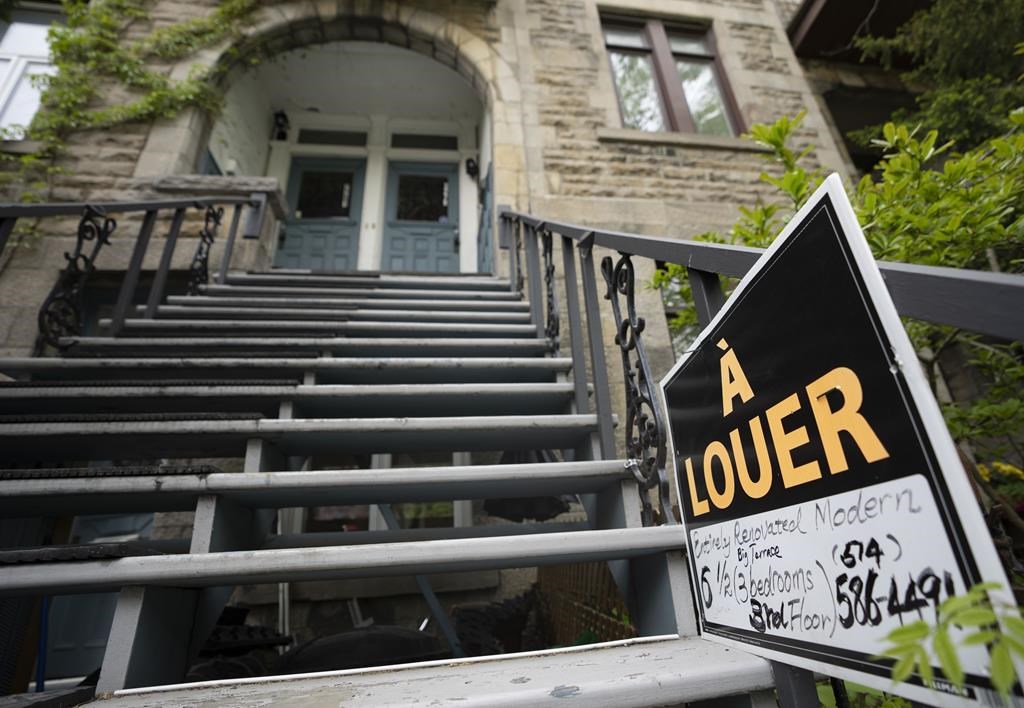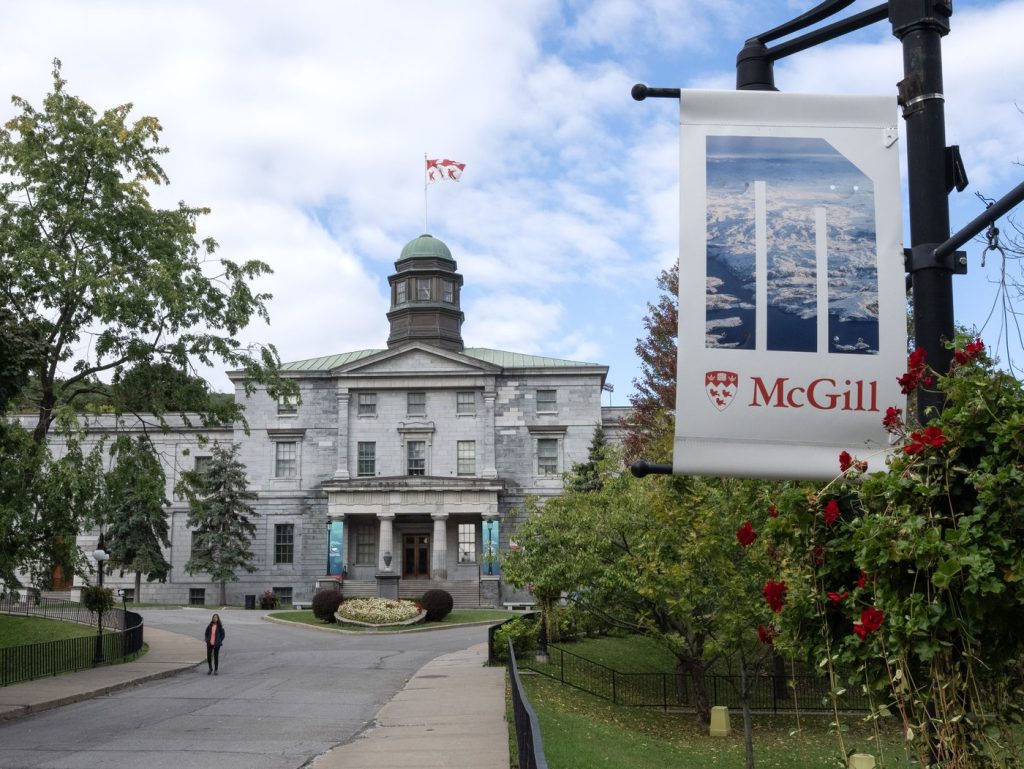Sri Lankan Quebecer worries about family back home

Posted July 21, 2022 3:43 pm.
Last Updated July 21, 2022 6:36 pm.
Sri Lankan Quebecer Subitha Tharmakulasagaram says daily life back home continues to be a struggle for the family she still has there, as Sri Lanka sees political unrest, and soaring inflation.
“What are you going to buy when there’s nothing to be bought?” asks Tharmakulasagaram, part of the board of directors at the National Council of Canadian Tamils.
“Even if we were to send money to them, like there is their shortage of oil, there is a shortage of gas, there is a shortage of everything,” she adds.
The economic crisis in Sri Lanka see’s the country headed towards Bankruptcy, with daily essentials including food and medicine in limited supply.
“The country has gone back to that stage where…it was like centuries and centuries ago, where there was no such thing as money, but we just do trades,”
Rather than using money Tharmakulasagaram, says her family must trade homegrown goods for food and resources. She says she is not surprised by what is happening.
“It is something that we saw coming for years because of the way they were managing their economy and the way the political structure is and the way the constitution itself is formed is all designed to lead towards a crisis, whether it’s economical or any other crises,” she says.

(CREDIT: Subitha Tharmakulasagaram/Handout)
The president of Sri Lanka resigned on July 13, after protestors stormed his home, but with the country’s former Prime Minister taking on the position of President, Tharmakulasagaram says the cycle will only continue.
“They knew what was happening. Why didn’t they raise awareness? Why didn’t they speak up to the media? Why didn’t they bring this to light long time ago? Because they’re in the parliament, they knew what was happening.”
Subitha says while it is hard on her family who is from Northern Sri Lanka, the impact of the country’s civil war and the country’s divide of North and South saw them already living with limited resources.
“When I call them and when I would talk about this issue, they would just tell me, like, this is honestly nothing compared to what we experienced during the war by the government. Like they would cut off electricity for weeks for us…Now you’re telling me we don’t have electricity for a few days? We’re okay with that,”
#WATCH: For those in Sri Lanka daily life continues to be a struggle as the country sees political unrest and soaring inflation rates. We speak to Sri Lankan Quebecer, Subitha Tharmakulasagaram, about the family she still has there.
FOR MORE NEWS: https://t.co/2JfY2zSwf9 pic.twitter.com/4fkDILPvDd
— CityNews Montreal (@CityNewsMTL) July 21, 2022
She highlights a bigger problem, even if she wanted to send material goods to her family in Northern Sri Lanka, she says it would not reach them.
“It will be stopped in the South, and those resources will most likely be used in the South. So there’s nothing we could do right now to even get that help to them. We could send money…but then the money is worth nothing, too. So it’s we’re really in a situation that, you know, we’re cornered.”
Tharmakulasagaram says for right now she doesn’t want to go back home until the country is rebuilt allowing the country’s politics to be accessible to everyday citizens.








